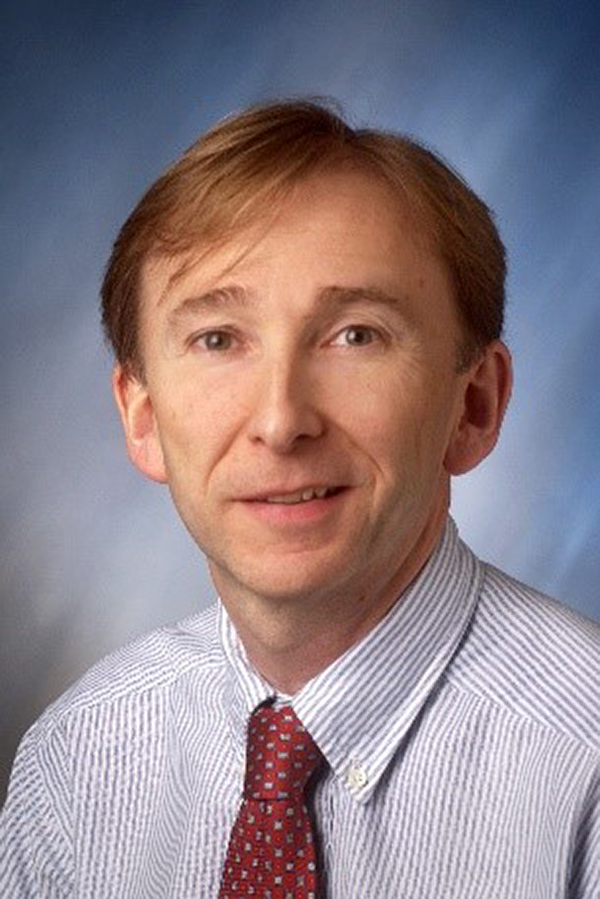
Beneficial Re-use of Industrial CO2 Emissions Using Microalgae
- Event Type
- Seminar/Symposium
- Sponsor
- Illinois Sustainable Technology Center
- Date
- Apr 8, 2021 12:00 - 1:00 pm
- Speaker
- Mark Crocker - Professor in Department of Chemistry and Associate Director at the Center for Applied Energy Research, University of Kentucky
- Cost
- Free
- Registration
- Registration
- Contact
- Elizabeth Meschewski
- elm2@illinois.edu
- Views
- 456
- Originating Calendar
- Illinois Sustainable Technology Center Events
Abstract: Carbon dioxide utilization through algal biomass production has undergone extensive research, mainly focusing on the replacement of traditional petroleum fuels. However, achieving economic viability for algae-based fuels has proven difficult due to their low value and comparatively high production costs. Consequently, the algae industry is experiencing a shift in focus from fuels towards more valuable products, including nutraceuticals, specialty chemicals and human food additives. Unfortunately, these higher value products tend to have very limited markets, which have the potential to saturate when scaling algae production facilities to multi-acre scales. Bioplastics derived from algal biomass offer a potential means of solving these problems. Algae-based bioplastics represent a drop-in replacement for many everyday products, including flexible foams, synthetic fibers, food packaging films and even 3-D printing filament. As proteins are the most desirable component of the algal biomass in bioplastic production, fuel production methods based on lipid extraction can in principal be employed to improve the bioplastic quality (and thus value) while producing a useful fuel co-product.
This seminar will summarize our work, initiated in 2009, aimed at algae cultivation using flue gas from coal-fired power plants as the CO2 source. The results of techno-economic and life cycle analyses will also be presented, conducted to assess the economic viability and environmental impact of an algae biorefinery that integrates the complementary functions of bioplastic feedstock and fuel production.
Biogrophy: Mark Crocker received BSc. and Ph.D. degrees in chemistry from the University of Bristol in the United Kingdom, and spent two years as a NATO Research Fellow at the University of Wisconsin-Madison. Thereafter he spent 15 years working in industry, first for Shell Research in Amsterdam and then for Degussa’s automotive catalyst division in Michigan, USA. In 2003 he moved to the University of Kentucky (UK) where he is currently a Professor in the Department of Chemistry and an Associate Director of the Center for Applied Energy Research. At UK he leads a research group focusing on CO2 recycling using microalgae, biofuels and environmental catalysis.
This seminar is a certified green event by the University of Illinois' University of Illinois' Institute for Sustainability, Energy, and Environment.